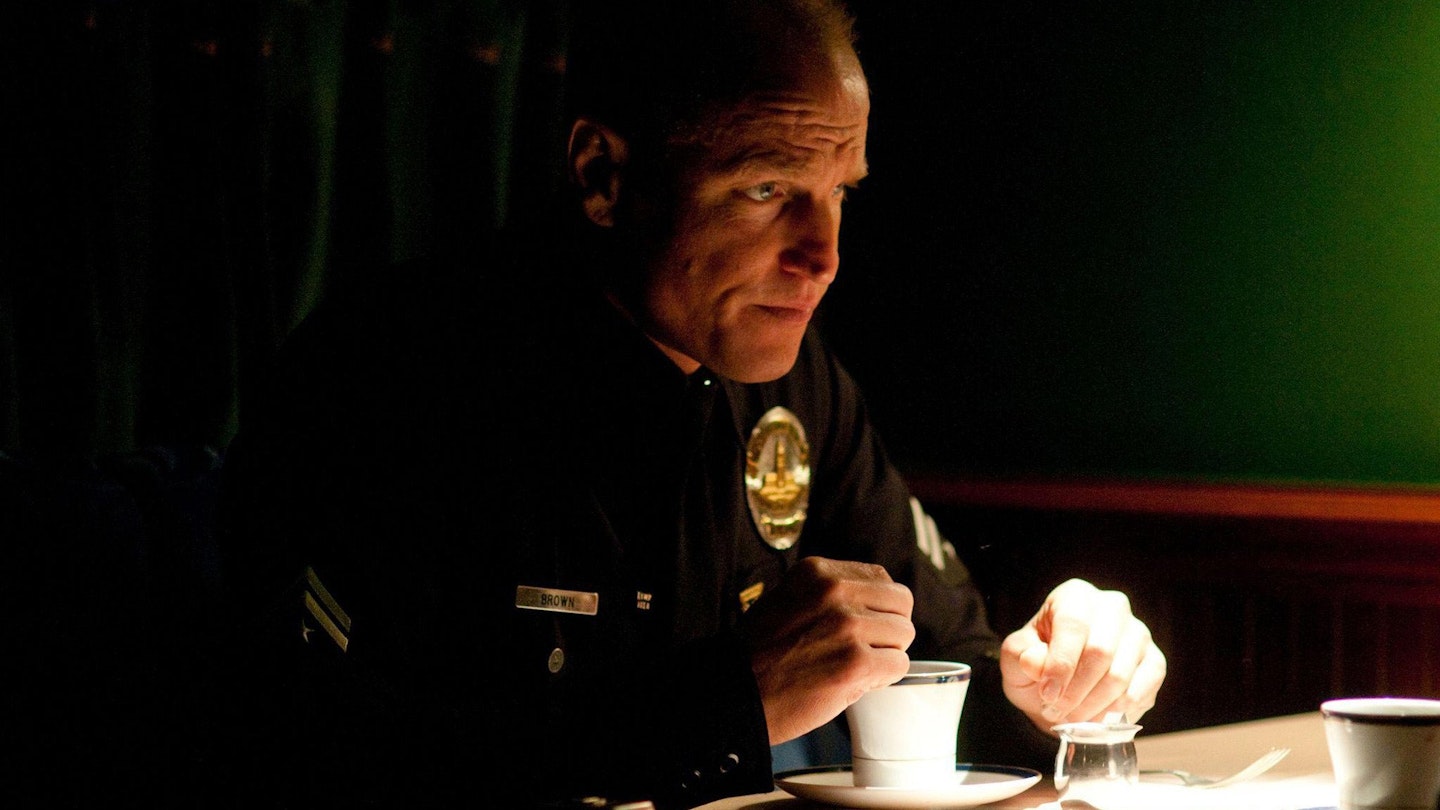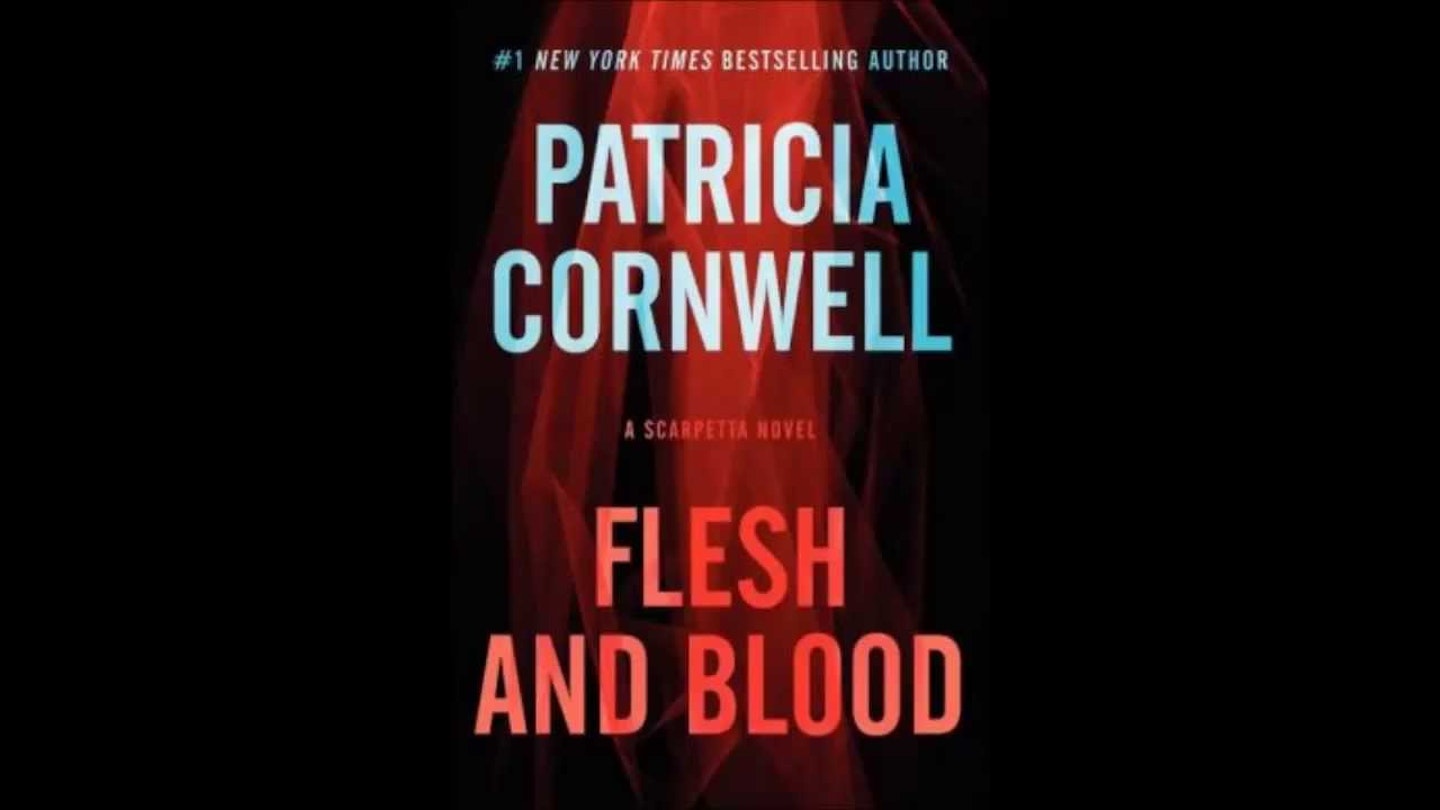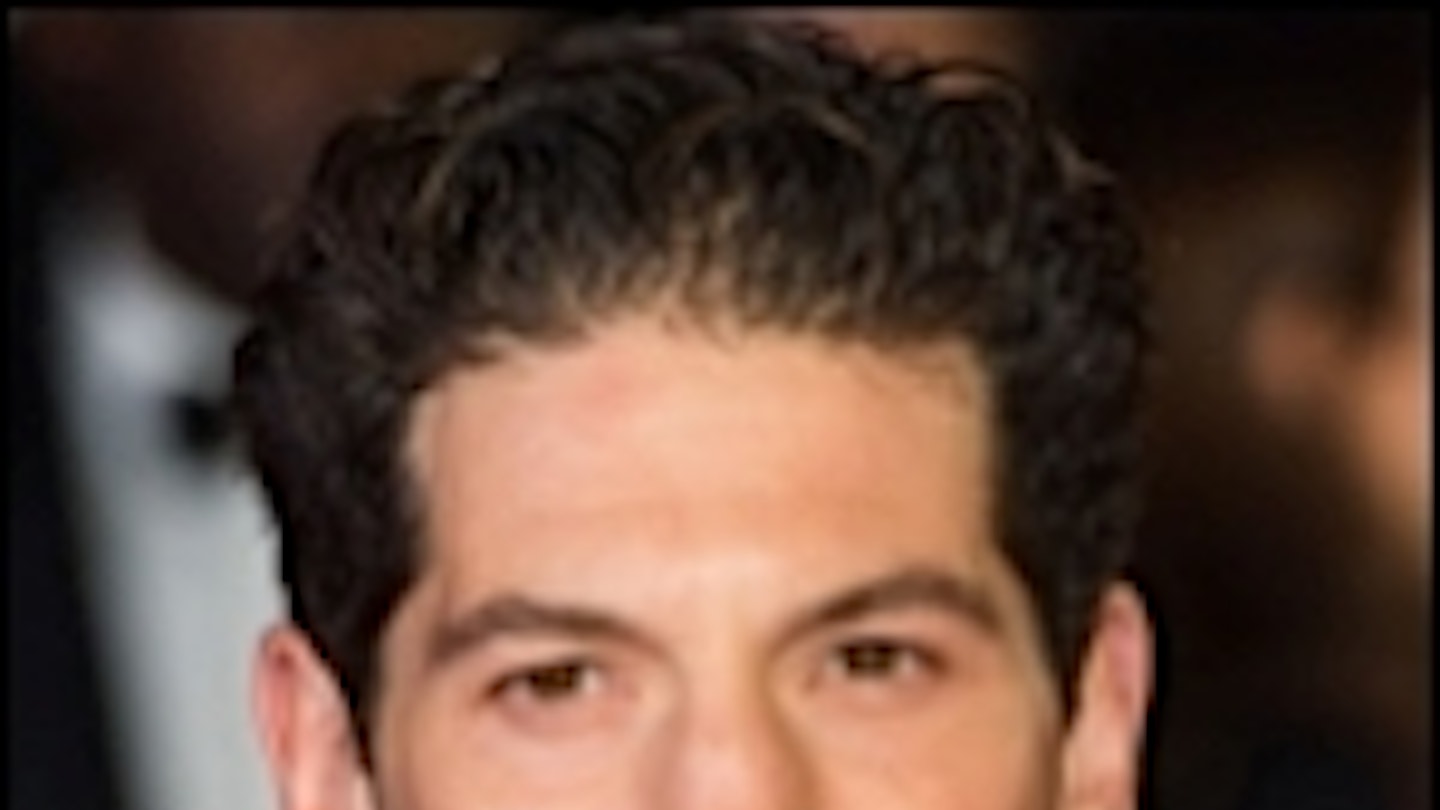The last time writer/director Oren Moverman and Woody Harrelson worked together, Harrelson garnered critical acclaim and an Oscar nom in a film that barely smudged the box office. The same looks likely with their latest collaboration, Rampart, although James Ellroy’s co-scripting credit and the dirty-LAPD milieu (what else did you expect from Ellroy?) might fill a few more seats than 2009’s military drama The Messenger.
It’s oft-covered territory: the sunbleached streets of Los Angeles, trodden by racist beat cops who see law enforcement as war and brutality, shakedowns and evidence-planting as just a few means to which the end is justified. As well as a good way to line their own pockets. In this case that cop is ‘Date Rape’ Dave Brown (Harrelson), who misses the days when “this used to be a glorious soldiers’ department” and who’ll dispense to a rookie such advice as “aim for the shortest wetback, watch them skedaddle”. We hardly ever see him eat (for Dave a family meal involves whispered come-ons to both his exes, who happen to be home-sharing sisters and each a mother to his two daughters), but he drinks, smokes and snaffles behind-the-counter pills to excess.
The late ’90s Rampart scandal, which gives the film its title, is mere backdrop. The actual plot is thin. Date Rape is filmed beating a man and sinks into debt fighting his case while mothballed skeletons rattle noisily, but if Moverman’s film benefits from the acid tang of Ellroy’s dialogue, it lacks the juggernauting plot-thrust of his novels.
It’s more a character study and a performance workshop, with Harrelson in every scene. And it’s an undeniably impressive performance; not so much a study of evil as of a weakling who confuses his anachronistic tendencies with strength, the bully who sees himself as victim, “the one cop who gets it”. In Harrelson’s hands Brown is a compelling mess of spilled testosterone.
You wonder, though, if Moverman has as much faith as he should in his lead. Rampart is so fussily directed, a stuffed scrapbook of skewed angles, odd framing and jarring cuts. One potentially great scene — putting Harrelson, Sigourney Weaver and Steve Buscemi around one table — suffers an irritatingly spinning dizzyvision camera. The intention may well be to encourage us to see the world much as Date Rape does: wrongly. But it distracts rather than complements and can’t cover up the fact that, Harrelson’s towering turn aside, we’re not really watching anything new here.




